
If you are dealing with HPPD, you are not alone—this disorder is recognized in the DSM-V, yet it remains underdiagnosed, with fewer than 1% of psychologists familiar with its symptoms and treatment. As a Harvard-trained psychiatrist with decades of experience, Dr. Steven Locke is at the forefront of addressing HPPD and helping individuals manage and treat this condition. Although there is no definitive treatment for HPPD, the supposed first-line treatment for HPPD is with alpha-2 adrenergic drugs such as clonidine and benzodiazepines such as alprazolam and clonazepam. Our patient’s symptoms started to improve with an increasing dosage of 50 milligrams of lamotrigine, as shown in Table 1.
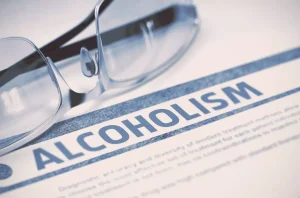
Richard Jones – UK-based psychedelic-informed therapist
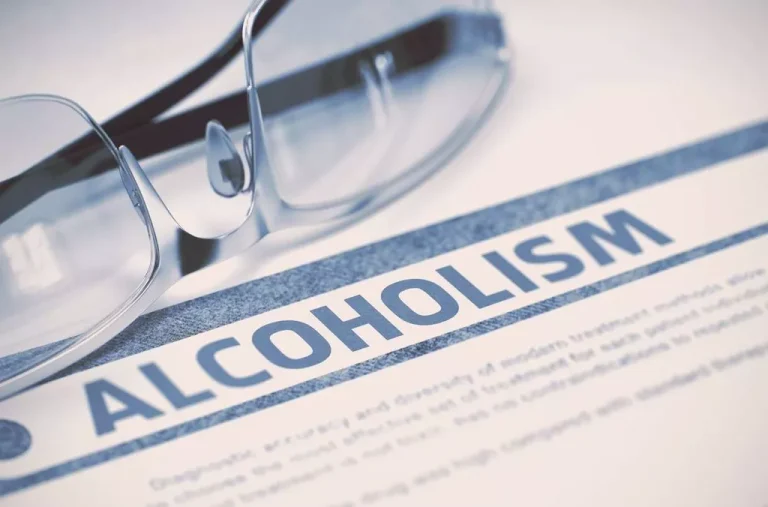
Altered neurotransmitter activity in brain pathways related to fear and stress may contribute to this symptom. Flashbacks, experienced by approximately 60% of individuals with HPPD, involve sudden, vivid re-experiencing of past hallucinogenic trips. These episodes, often triggered by stress or sensory stimuli, can last from a few seconds to several minutes and may feel disorienting. Flashbacks are believed to result from abnormal neural activity, where pathways affected by hallucinogens become reactivated, causing individuals to feel as though they are “reliving” their drug experience.
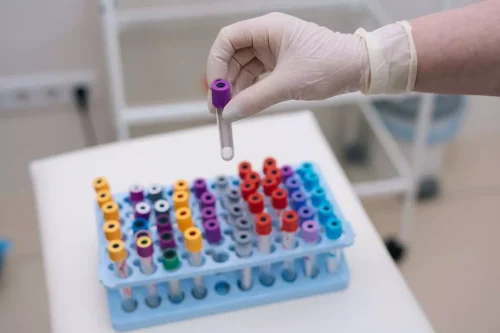
What helps people with HPPD?
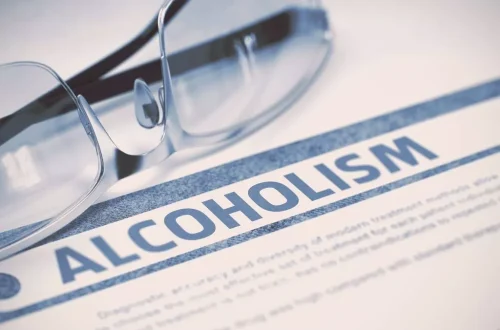
The anandamidergic system has been also implicated by involving the areas of visual information processing (64, 65). Behavioral or talk therapy may help individuals cope with complications of HPPD, such as co-occurring anxiety or depression. Individuals with HPPD II often feel debilitated and seek psychiatric treatment for the condition.
- Hallucinogens are among the oldest known classes of medications used for their ability to change perception and mood.
- Although several studies have reported HPPD symptom improvement with lamotrigine, one study highlights a patient whose complex visual disturbances improved with the maximum dose of 200 milligrams of lamotrigine for six months.
- If you or someone you care about is struggling with HPPD symptoms, our primary care telemedicine practice is here to provide support.
- Hallucinogenic persisting perception disorder is characterized by the recurrence of visual phenomena caused by psychedelic drugs for days, months, or even years after the trip.
- Unlike brief LSD flashbacks, which are common and usually harmless, HPPD symptoms do not go away and can last for months or even years.
Vision Symptoms
He also reported intrusive thoughts in his head and believed his symptoms may be related to LSD. His regimen continued from the previous day; however, around that evening, the patient requested Haldol 5 milligrams and Ativan 2 milligrams orally for anxiety and scary visual hallucinations when he closed his eyes. Hallucinogen Persisting Perception Disorder, as defined by the DSM-5, is specifically caused by hallucinogenic drugs, primarily but not exclusively by LSD (lysergic acid diethylamide). The disorder Substance abuse occurs in about 4.2 percent of people who take hallucinogens. Diagnosis of HPPD often involves a thorough clinical assessment by a psychiatrist, including a detailed case report of the patient’s history with hallucinogens and the symptoms they are experiencing.
- Or they may develop more than a year after hallucinogen use, fade and recur over time.
- This drug is approved for use as an injectable, short-acting anesthetic and a nasal spray for depression.
- The anandamidergic system has been also implicated by involving the areas of visual information processing (64, 65).
The use of second-generation antipsychotics in HPPD patients without hppd treatment comorbid psychotic disorders is debated. At the same time, conflicting evidence exists on the antipsychotics effects in psychotic HPPD patients. One study did not report differences in antipsychotic treatment response between SCZ and SCZ+HPPD patients 58. On the other hand, a more recent study has shown the ineffectiveness of antipsychotic medications in an SCZ+HPPD population 57.
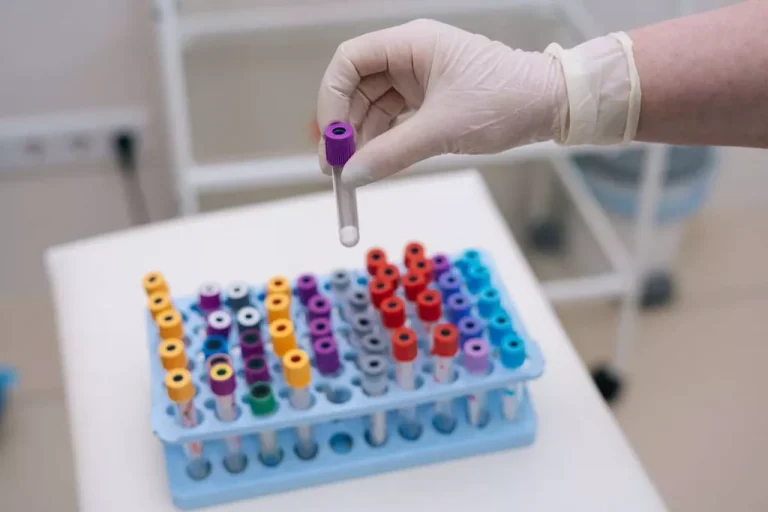
These persistent symptoms can feel like a never-ending flashback, causing significant distress and impairment. We also used it to evaluate whether the authors presented sufficient evidence to rule out any alternative explanations accounting for the mediation of the perceptual symptoms they described, such as neurological or psychiatric disorders. With the weighted scoring system of the MAQ-HPPD, publications could attain a maximum quality score of 12. Dr. Locke emphasizes the importance of avoiding all hallucinogenic drugs, including even small doses or “micro-dosing” of psychedelics, as this can often worsen symptoms or trigger a relapse.
- HPPD symptoms can also manifest months or years after psychedelic use, throwing into question the causal link between the drug and the visual disturbances.
- Approximately 2–3 weeks after returning to Europe, and the last drug taking, the patient developed persistent visual disturbances from which she has been suffering ever since.
- Researchers and doctors do not yet have a solid understanding of who develops HPPD and why.


